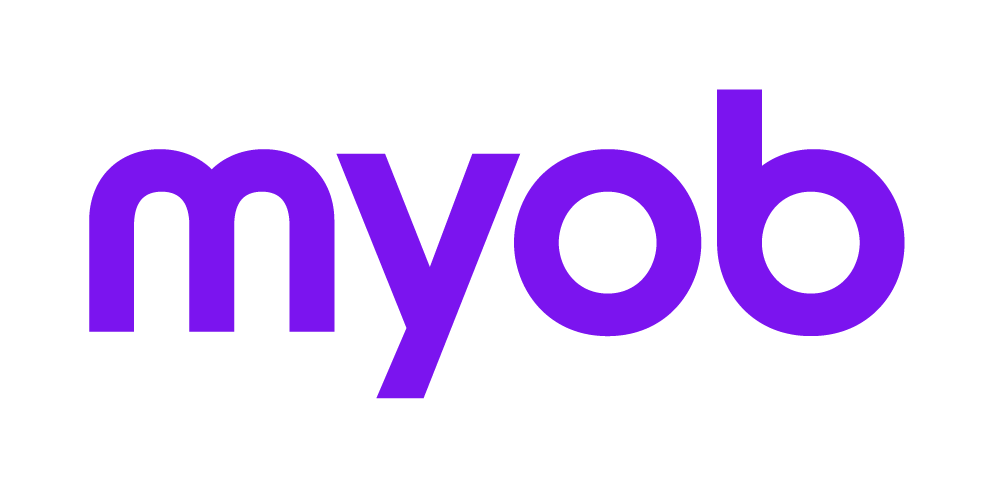IR4 Question 34 2021 provisional tax
The 2021 provisional tax is charged for income the company will earn in the 2021 income year. It is payable in two, three or six instalments. There are three options for calculating your provisional tax—standard, estimation and ratio.
If the company’s 2020 RIT is:
$2,500 or less it does not have to pay provisional tax, but it can make voluntary payments
more than $2,500 but expected to be $2,500 or less for 2021 it may estimate 2021 provisional tax at nil
more than $2,500 and expected to be more than $2,500 for 2021 it must pay 2021 provisional tax using one of the payment options.
Not taking reasonable care penalty
When you estimate the company’s 2021 provisional tax, your estimate must be fair and reasonable. If the 2021 RIT is greater than the provisional tax paid, you may be liable for a not taking reasonable care penalty of 20% of the underpaid provisional tax.
Interest
If the company has paid too much provisional tax, Inland Revenue may pay interest. If it has not paid enough provisional tax, Inland Revenue may charge interest.
Interest the company pays is tax deductible, while interest Inland Revenue pay is taxable income.
Tax pooling
Tax pooling allows taxpayers to pool provisional tax payments, offsetting underpayments by overpayments within the same pool. This reduces their possible exposure to late payment penalties and interest. For more information about tax pooling, including a list of intermediaries, go to ird.govt.nz/tax-pooling.
Payment dates
2021 provisional tax
Generally, a company with a 31 March balance date pays provisional tax by the following due dates:
First instalment | 28 August 2020 |
Second instalment | 15 January 2021 |
Third instalment | 7 May 2021 |
A company with a balance date other than 31 March generally pays provisional tax on the 28th day of the 5th, 9th and 13th months after the balance date.
There are two exceptions:
If it would be due on 28 December it is due on 15 January.
If it would be due on 28 April it is due on 7 May.
These dates will alter if the company is registered for GST, and
the GST filing frequency is six-monthly, or
provisional tax is paid through the ratio option.
If either of these situations apply to you, read the guide Provisional tax (IR289).
2020 end-of-year income tax
Companies that have an agent and an extension of time may have until 7 April 2021 to pay their tax. If you think this applies to your company, contact your agent.
A company with a balance date between 1 March and 30 September must pay its end-of-year income tax (Box 29L) and any interest by 7 February 2021.
A company with a balance date between 1 October and 28 February must pay its end-of-year income tax by the 7th day of the month before the following year’s balance date.
How to make payments
You can make payments:
electronically
by credit or debit card.
Inland Revenue recommends making electronic payments because it’s the most accurate and reliable method. These electronic options are available through your bank:
online banking
automatic payment
- direct credit
direct credit.
When making electronic payments, include:
your IRD number
an account type code
the period the payment relates to.
Go to ird.govt.nz/pay for full details of our payment options.
Late payment
Inland Revenue may charge you a late payment penalty if you miss a payment or it’s late. They will also charge you interest if you don’t make your tax payment by the due date.
Call Inland Revenue if you can’t pay your tax by the due date. Inland Revenue will look at your payment options, which may include an instalment arrangement, depending on your circumstances.
Go to ird.govt.nz/penalties for more information.
